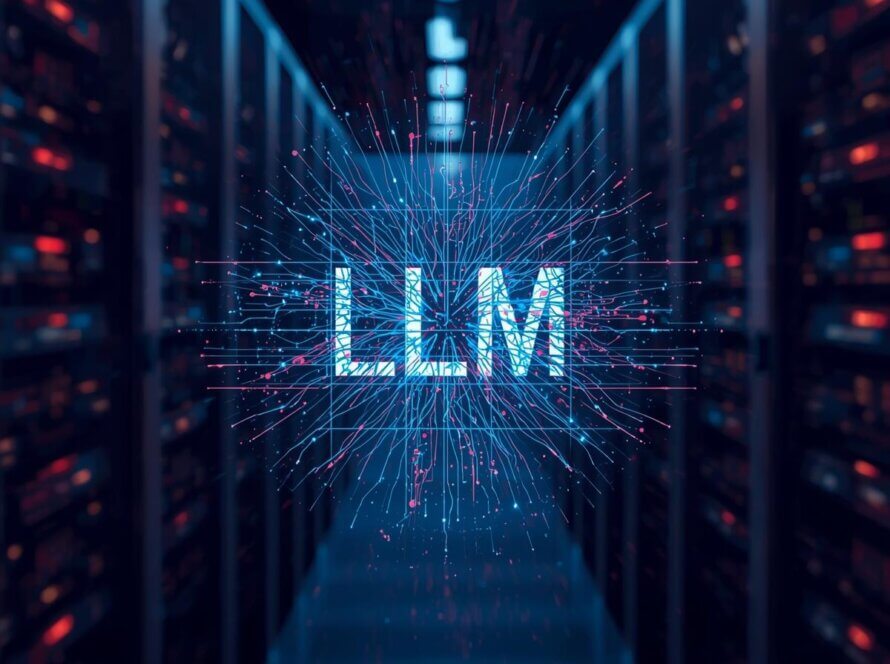Your development team deployed a state-of-the-art chatbot to handle technical support queries.
The bot performed well with simple questions about password resets and account access.
But when a customer asked about integrating a specific API with their existing authentication system, the chatbot confidently provided outdated documentation links and suggested code snippets that wouldn’t work with the customer’s setup.
The customer hung up frustrated, and the support ticket escalated to a human agent who spent two hours undoing the confusion the bot had created.
This is a fundamental problem with modern AI chatbots: they perform well in simple conversations but struggle when confronted with complex, domain-specific tasks that require in-depth expertise and multi-step reasoning.
The solution lies not in better chatbots, but in purpose-built AI agents designed for specific business contexts.
The “Pre-Trained” Pitfall
Generic AI chatbots are trained on massive datasets that cover broad knowledge but lack depth in specialized domains.
While this approach creates systems that can discuss many topics conversationally, it fails to produce the expertise needed for complex business applications.
These systems know something about everything, but not enough about anything specific.
When customers ask detailed questions about your products, services, or industry-specific processes, generic chatbots rely on general knowledge that may be incomplete or outdated.
They cannot access your proprietary documentation, understand your unique business processes, or apply insights from your historical support interactions.
This limitation becomes apparent when customers need guidance that requires a deep understanding of your specific context.
Custom AI agent development addresses this gap by training systems on your organization’s specific data sources.
Instead of relying on generic internet knowledge, custom agents learn from your technical documentation, support ticket histories, product specifications, and internal knowledge bases.
This focused training creates systems that understand both your business context and the best human experts.
A generic chatbot might provide general advice about API integration. In contrast, a custom agent trained on your documentation can give step-by-step instructions specific to your platform, complete with code examples that work with your current system architecture.
More Than Just Talk
Conventional chatbots operate as advanced conversation trees, designed to handle predetermined question-and-answer sequences.
They perform at routing customers to appropriate departments or providing scripted responses to common questions.
However, complex business tasks rarely follow linear paths that can be scripted in advance.
The differences between an AI agent and a chatbot become apparent when examining how these systems handle multi-step processes.
A chatbot waits for user input, responds to that specific query, and waits for the next input.
This reactive approach works well for simple information retrieval but fails when customers need guidance through complex workflows that require analysis, decision-making, and sequential actions.
Advanced conversational AI solutions powered by custom agents can handle non-linear problem-solving processes autonomously.
These systems can gather information from multiple sources, analyze the current situation, execute necessary actions, and adapt their approach based on intermediate results.
They function as proactive problem-solvers rather than reactive conversation partners.
This capability enables custom agents to handle complex scenarios that would overwhelm conventional chatbots.
For example, when troubleshooting a system integration issue, a custom agent can review system logs, verify configuration settings, test connections, and provide specific recommendations based on its findings at each step.
The “Hallucination” Problem
Generic chatbots frequently generate confident-sounding responses that contain inaccurate information, a phenomenon known as hallucination.
In business contexts where accuracy is essential, these fabricated responses can lead to serious problems, harm customer relationships, and necessitate additional work for human support teams.
Fixing chatbot failures requires addressing the root cause of hallucinations: the mismatch between the system’s broad training data and the specific knowledge needed for accurate responses.
Generic systems attempt to answer questions even when they lack relevant information, resulting in responses that appear authoritative but contain errors.
Custom agents mitigate this risk through controlled knowledge bases and defined operational boundaries.
Instead of generating responses from general knowledge, these systems access verified information sources specific to your business.
When they encounter questions outside their expertise, they can escalate to human experts with complete context rather than providing potentially harmful guesses.
This controlled approach builds trust between customers and AI systems.
Users learn that custom agents provide reliable information within their domain of expertise and honest acknowledgments when questions fall outside their capabilities.
This transparency creates better user experiences than confident but incorrect responses from generic systems.
A Shift in Functionality
The most significant limitation of conventional chatbots is their role as passive assistants waiting for user direction.
They respond to questions and follow scripted workflows but cannot take initiative or work independently toward complex goals.
This limitation restricts their usefulness for sophisticated business processes that require autonomous operation.
Multi-agent systems for business is an evolution beyond conversational interfaces toward autonomous problem-solving systems.
These agents can monitor business processes, detect issues, trigger appropriate responses, and coordinate with other systems to resolve problems without human intervention.
They function as digital employees rather than just communication tools.
Custom agents can integrate with existing business systems through APIs, enabling them to access real-time data, update records, trigger workflows, and coordinate complex processes across multiple platforms.
This integration capability enables a single agent to serve as the central point of orchestration for complex business operations that previously required manual coordination.
AI for complex customer support becomes possible when agents can not only understand customer problems but also take concrete actions to resolve them.
These systems can analyze system logs, coordinate with internal teams, update customer records, and track resolution progress, providing comprehensive support that extends far beyond the conversation.
Building Intelligence That Scales With Your Business
Instead of trying to adapt generic solutions to specific needs, organizations can develop intelligence systems tailored for their unique requirements.
Our custom agent development service helps organizations build these systems, which become increasingly valuable as they learn from each interaction and business process.
The investment in custom agent development pays dividends through improved customer satisfaction, reduced support costs, and the ability to handle complex queries that previously required expensive human expertise.
These systems become strategic assets that provide competitive advantages rather than just operational efficiencies.




